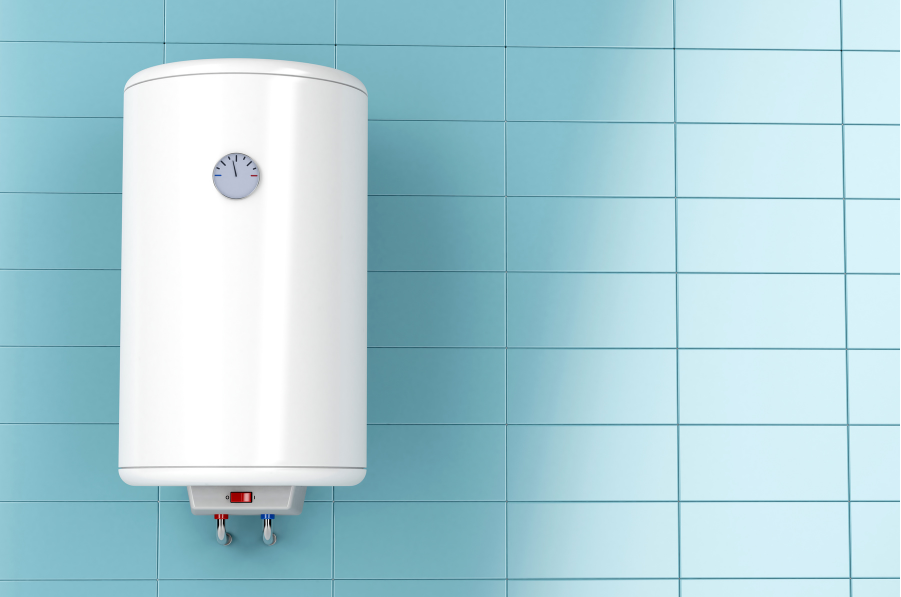Choosing Your Water Heater: Tank vs. Tankless

Are you shopping water heaters in Memorial, TX ? You may find this is a fairly simple task, although if you don’t know your options, it’s a good idea to explore them more. For instance, you may have gotten by for years with a conventional storage tank water heater, but that doesn’t mean that’s the best option for you now.
Tankless water heaters have grown in popularity in recent years, and for good reason. That’s not to say they don’t have their drawbacks, though. Just like any home comfort appliance or piece of equipment in your home, each type of water heater has its pros and cons, which we will cover below to help you make an educated decision.
Storage Tank Water Heaters
This traditional type of water heater is the more conventional choice, but not necessarily the better choice, depending on your circumstances. As the name implies, they store continuously heated water in a storage tank for use later on. Here are some of the advantages, and disadvantages, to using this type of water heater.
Advantages:
- Lower initial cost
- Simple installation replacement
- Options for fuel type beyond just electricity
- Options to install virtually anywhere within a space
- Compatible with reticulation systems
Disadvantages:
- Risk standby heat loss
- Can run out of water during high usage times
- Tanks are large and heavy, taking up a lot of space
- High maintenance fees
- Risk of inexact water temperature settings
Tankless Water Heaters
These systems work by heating cold water that passes through them via a gas burner, or electrical elements, and then supply it to the pipes of your living space without the use of any type of storage tank. There are a number of advantages to using this type of water heater, but it’s not for every home.
Advantages:
- Lower maintenance costs
- Hot water is on demand, so it will never run out
- More precise temperature control
- Saves energy by not heating water that won’t be used
- Takes up a lot less space
- Longer lifespan
- High efficiency
- Tax credits are typically available due to their energy savings
Disadvantages:
- Higher initial cost
- Complex installation
- Most models require electricity to run
- Freeze damage is a possibility, if installed improperly
- Recirculation is more complicated than in storage tank models
Water Heater Services
Our team is happy to help you decide which water heater type will be best for your specific home and needs. Keep in mind that every home is unique. Regardless of what you end up deciding though, professional installation is essential.
Without a properly trained and experienced plumber, you could end up with a water heater that doesn’t work as it should or breaks down early simply due to how it was installed. It’s also important to keep up on your maintenance appointments to ensure that your water heater stays in good shape for the years to come. This is particularly true for storage tank water heaters, which are equipped with a component called an anode rod, to prevent rust from developing within the tank itself.
For more information about water heaters or to schedule your next plumbing appointment, contact Doug Turner Plumbing CO.
The post Choosing Your Water Heater: Tank vs. Tankless appeared first on Doug Turner Plumbing CO..
CONTACT INFORMATION
Physical: 9945 Mula Rd. Stafford, TX 77477
Mailing Address: PO Box 1177 Sugar Land, TX 77487
Phone: (281) 201-6065

